Six new projects led by UBC ECE researchers have been awarded a total of $1.3 million through the Natural Science and Engineering Research Council’s Discovery Grants and Discovery Accelerator Supplements programs. These awards, which are part of the Government of Canada’s investment of more than $635 million into science and research, will support ECE faculty in fostering new research, providing an environment for training and capability, and purchasing essential equipment.
From powering electric vehicles to experimenting with quantum computing, learn about how five ECE researchers will be using this funding to explore new ideas in electrical and computer engineering.
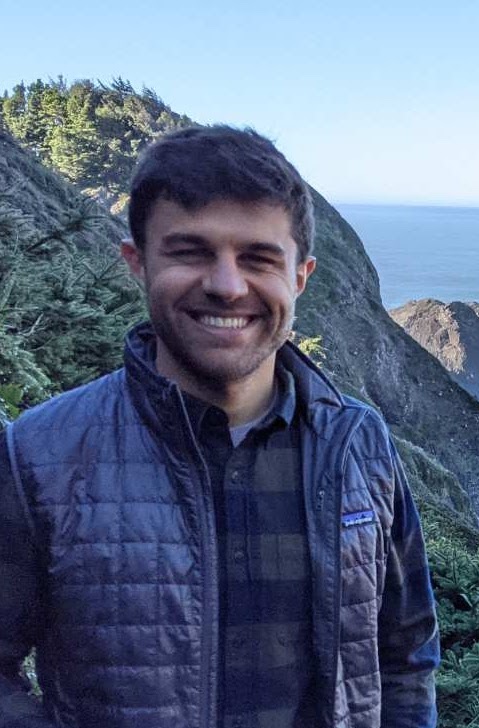
Thrampoulidis, Christos: Fundamentals of Modern Machine Learning: A Precise High-dimensional Approach
$220,000 (5 years)
What research will you be undertaking as a part of this grant? What impact will this work have?
We aim to use data-driven machine-learning (ML) algorithms to create automated decision rules in more aspects of everyday life — such as in disease diagnoses, self-driving cars, and digital banking. But we need to make sure that these algorithms meet critical requirements on safety, fairness, and efficiency. My goal is to contribute to the expanded use of ML by developing statistical theory-driven models equipped with formal theoretical guarantees that can inform and guide the design of algorithms that fulfill such requirements.
What draws you to this work?
An exciting feature of my work on modern learning theory is that there is a vast gap between theory and practice. Today, the most impressive recent discoveries in ML come from empirical/heuristic approaches inspired by practice. For the most part, we do not yet understand fundamental aspects about the operational characteristics and limitations of existing techniques. What drives me is the challenge to close this gap.
What specific aspect of this research are you most excited for, and why?
To me, the fast-growing pace of the field is most exciting: new algorithms, architectures, and phenomena are constantly discovered and documented; but also, as these new phenomena emerge, new questions and challenges arise — and with that, new theories await to be formulated. This fast pace of discoveries keeps us on our toes and constantly provides opportunities to learn something new.
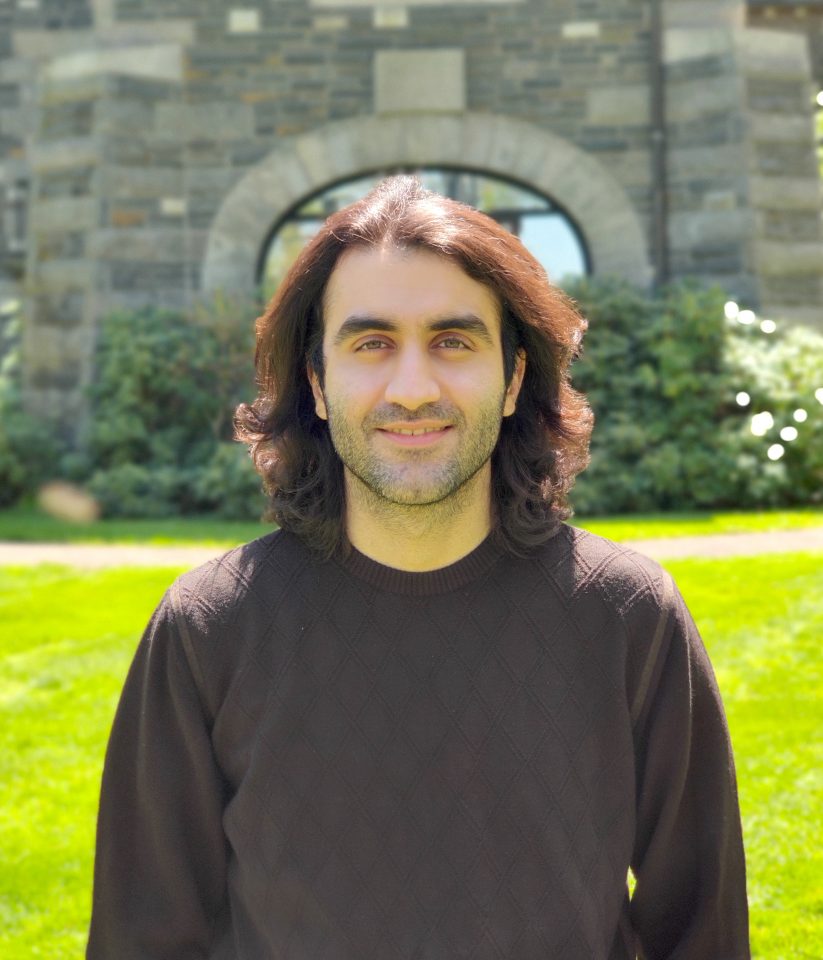
Shahrad, Mohammad: From Serverless to Seamless: Building the Next-Generation of Cloud Systems by Eliminating Service Integration and Resource Heterogeneity Limitations
$120,000 (5 years)
What research will you be undertaking as a part of this grant? What impact will this work have?
This grant is focused on building cloud computing systems that can handle different usage scenarios, without a user or developer intervening. This way, developers spend less time figuring out how to connect different cloud services and can develop applications in a platform-agnostic manner.
What draws you to this work?
There are many different cloud providers, each with numerous varieties of services. Assisting developers through automated decision-making is critical in helping them focus on their primary role of software development.
What specific aspect of this research are you most excited for, and why?
Perhaps the most exciting part of this research is exploring new ways to seamlessly use heterogeneous hardware in cloud data centers. Modern cloud data centers are equipped with specialized hardware such as Graphics Processing Units (GPUs), Field Programmable Gate Arrays (FPGAs), and smart Network Interface Controllers (NICs), and current technology trends will only diversify this mix in the future.
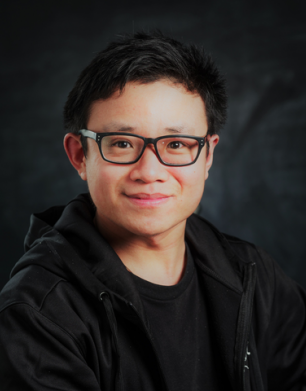
Wang, Zehua: Next Generation Secure and Collaborative Internet of Things (IoT) System – Leveraging Blockchain for Decentralized Control and Privacy Preserving Machine Learning
X
$ 140,000 (5 years)
What research will you be undertaking as a part of this grant? What impact will this work have?
Basically, this grant provides us the opportunity to work towards building a trustworthy and collaborative environment where individuals can contribute their knowledge for machine learning and AI- without giving out their private data. It means the value of the data always belongs to data owners, who can directly benefit from their data without privacy leakage.
What draws you to this work?
My motivation with this research is to put the authority and control of data back to the hands of people. In most cases, it is the people or users that create the data when using online services. The service provider with big data and machine learning algorithms can build a better service when more data is received. On the other hand, the data contributed by individuals may be private, and the value of the data may not directly benefit the original data owner
What specific aspect of this research are you most excited for, and why?
Big data is the most valuable aspect of an information system, but usually, without a centralized system, we can’t guarantee the data’s quality or format, and can’t verify each user’s identity or authority. The most exciting aspect of this research is investigating how to resolve these issues. Another exciting element is incentivizing people to collaborate faithfully with the system by designing incentive mechanisms.
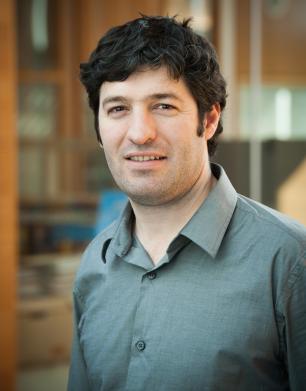
Ordonez, Martin: Flexible Power for Future Zero-Emissions Shipping and Delivery
X
$320,000 (5 years)
What research will you be undertaking as a part of this grant? What impact will this work have?
In a medium-sized North American city, collectively, people drive one billion kilometres each year for consumer goods and food, which leads to up to 400,000 tonnes of greenhouse gas emissions. In response to this, we envision the development of a home delivery infrastructure. The short-term goal of our program is to enable optimal infrastructure to supply energy to electric home delivery vehicles. The energy infrastructure technology we develop will reduce the impacts associated with peak load for charging an extensive, dynamic, fleet of electric vehicles.
What draws you to this work?
I love delivery, but I love it even more when it’s done with electric vehicles in a sustainable manner. Online shopping and delivery could potentially reduce up to 87% of greenhouse gas emissions compared to driving to the store.
What specific aspect of this research are you most excited for, and why?
I’m most excited about opening new research opportunities for our graduate students that lead to great jobs!
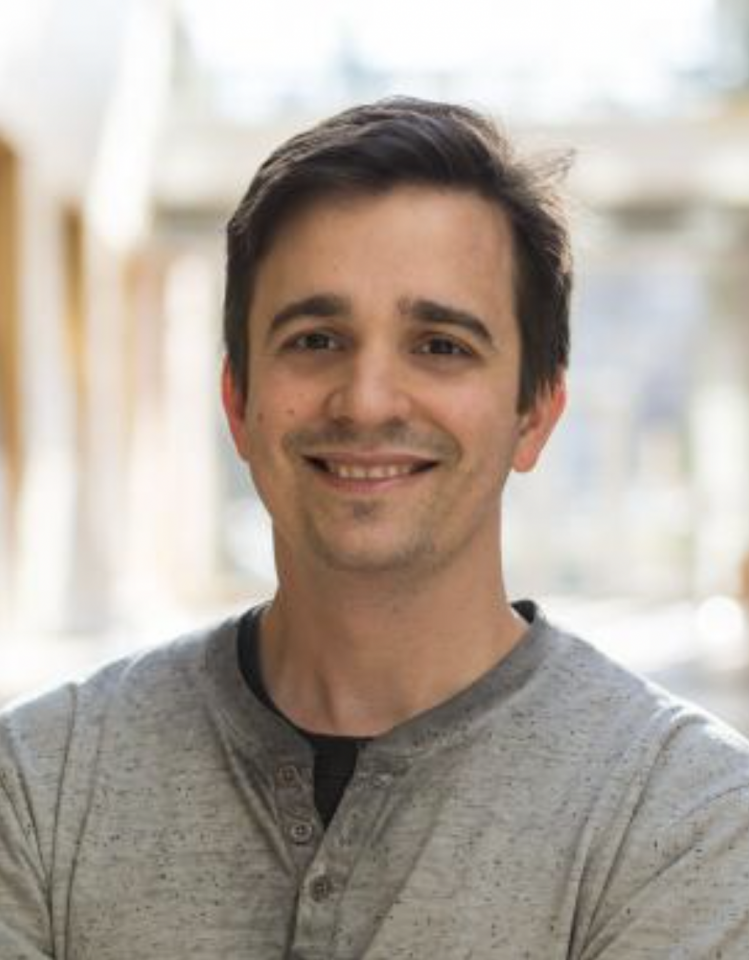
Salfi, Joseph: Reactive Ion Etcher for Commercially Relevant Quantum Devices
X
$150,000
What research will you be undertaking as a part of this grant? What impact will this work have?
Quantum technologies such as quantum sensors and quantum computers are expected to have measurement and computational capabilities that are provably impossible for classical technologies. However, we are still learning the best ways to design and build them. With this infrastructure grant, we are receiving cleanroom equipment that expands our capabilities to design and build quantum technologies to realize this potential. This grant will enable us to rapidly build devices for quantum sensing and computation directly inside our own cleanroom at UBC, which we can then carry out our own experiments on.
What draws you to this work?
Quantum computers and sensors store, process, and measure information that is encoded in a fundamentally different way from our familiar classical technologies. What draws me to this research is that this is a fundamental change in the way we process information- this is poised to revolutionize what can be computed. There are many problems that need to be solved for us to realize this potential.
What specific aspect of this research are you most excited for, and why?
What is most exciting about this infrastructure is that it will enable graduate students to build new types of devices directly at UBC. These devices can kickstart new academic research and academia-industry partnerships that could realize the potential of quantum technologies.
Lukas Chrostowski was also awarded $380,000 for his project Silicon Photonics for Quantum Computing.
Read more about UBC’s NSERC grants.

